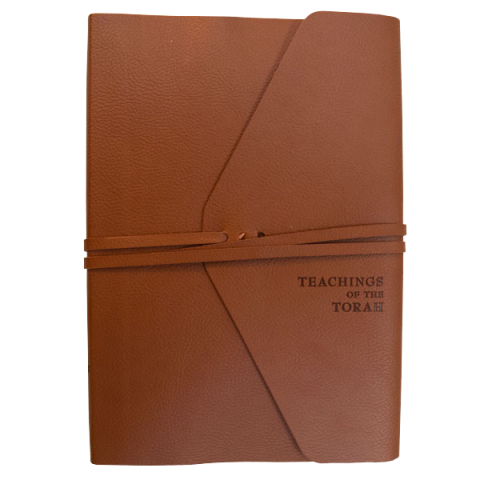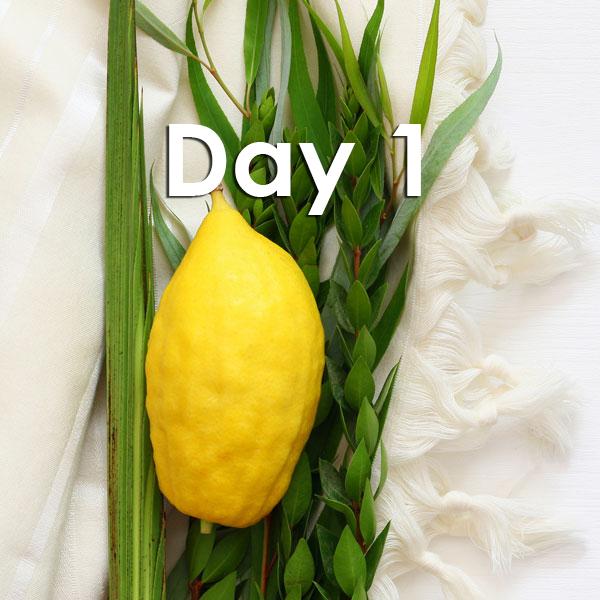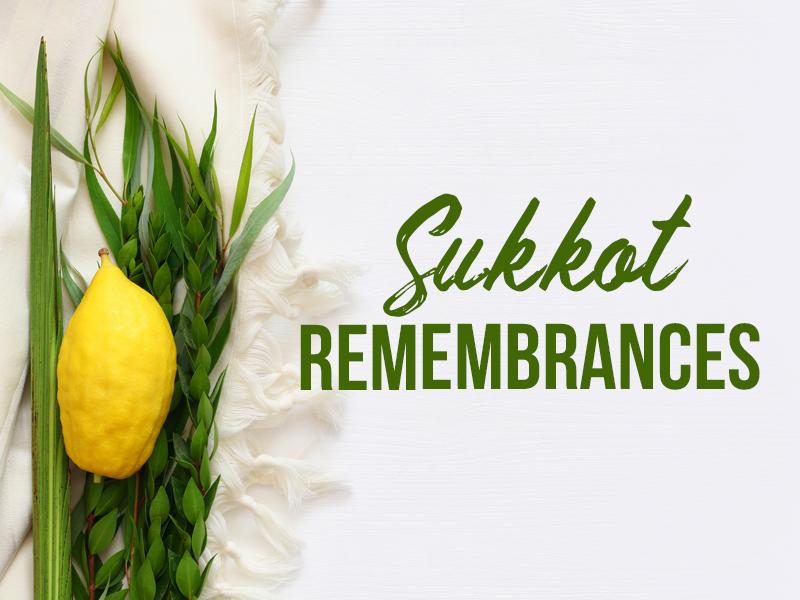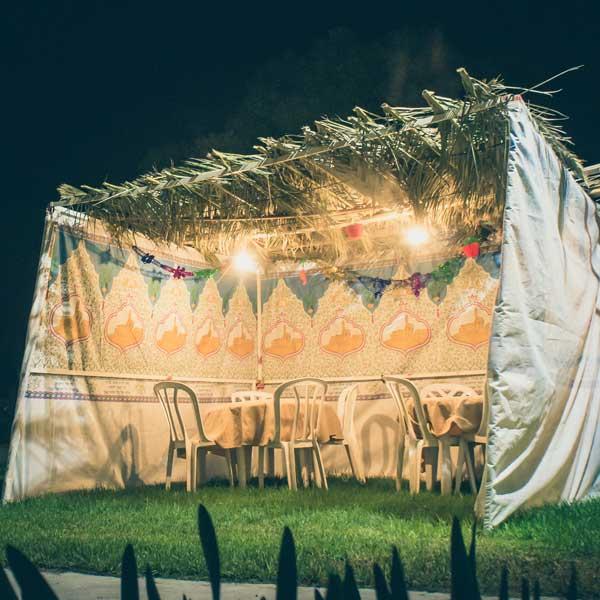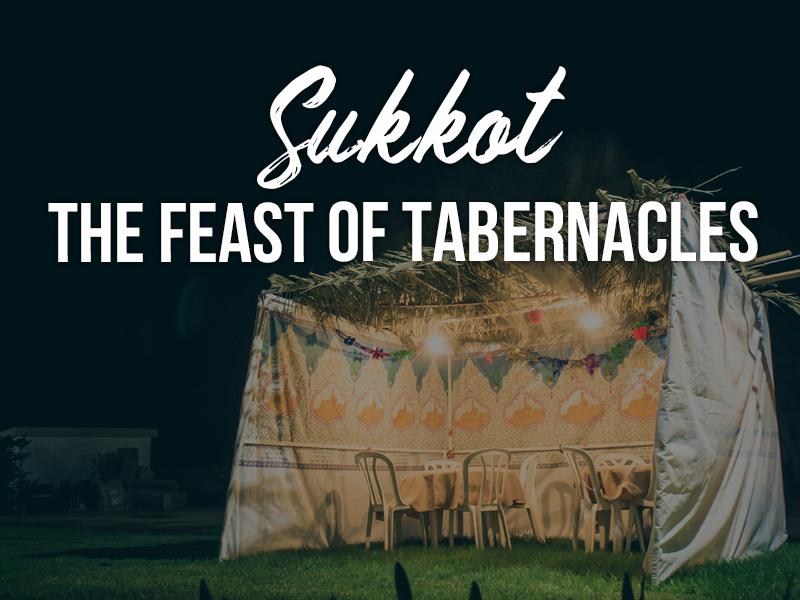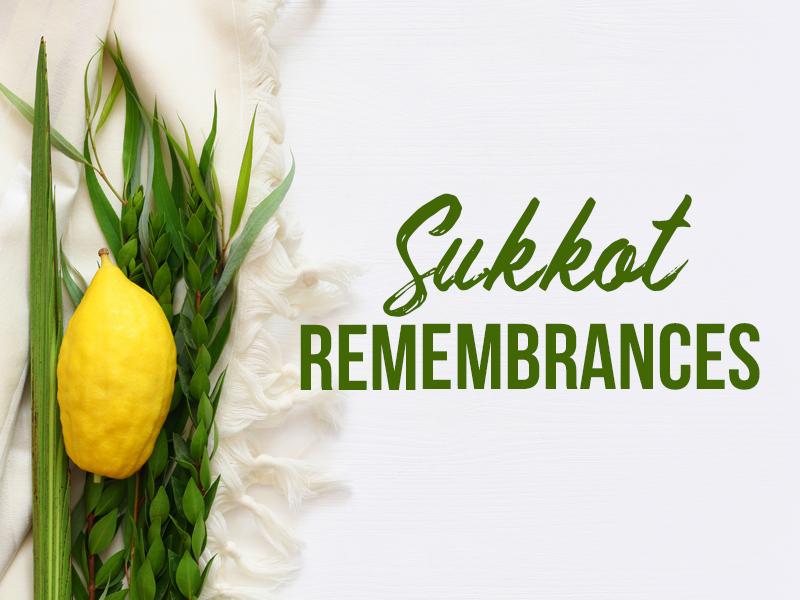
Remembering God’s Presence
Remembering Israel’s wilderness days reminds us of how God’s presence dwelled with them during their decades-long wandering. As they roamed the desert, they did so by the guidance of God’s presence represented to them in a pillar of cloud by day and of fire by night. After the tabernacle – a tent – was built, God’s glory resided in the innermost room called the Holy of Holies.
The booths, or tents, of Sukkot depict God’s desire to live in fellowship with His people.
Today, His presence lives within those who have placed their faith in Messiah Yeshua (Jesus). God promised through the prophet Jeremiah that one day, He would write His Law on our hearts (Jeremiah 31:31–32), and the New Covenant explains that when we believe in Yeshua, we receive God’s Holy Spirit to live inside us. (See John 16:5–15.)
“Now it is God who establishes us with you in Messiah. He anointed us, set His seal on us, and gave us the Ruach [Spirit] in our hearts as a pledge.” ––2 Corinthians 1:21–23
It is awe-inspiring to ponder the fact that the holy God of the universe loves us so much that He would want to dwell with us. And through the Holy Spirit, His very presence is within us. He is as close as our silent prayers and always with us. In His presence, all that He is and all that He gives is available to us. By His presence, He comforts and strengthens us. He calms our fears and lifts our spirits. He provides us with a peace that surpasses understanding (Philippians 4:6–7).
Look back and remember a time when you particularly felt God’s presence and how it helped you. Thank Him for the gift of His never-failing presence.
“Why are you in despair, O my soul? And why have you become disturbed within me? Hope in God, for I shall again praise Him for the help of His presence.” ––Psalm 42:5 (NASB)
Get the Fall Feasts Infographic
Discover the meaning and wonder of Rosh Hashanah, Yom Kippur, and Sukkot with this specially designed infographic.



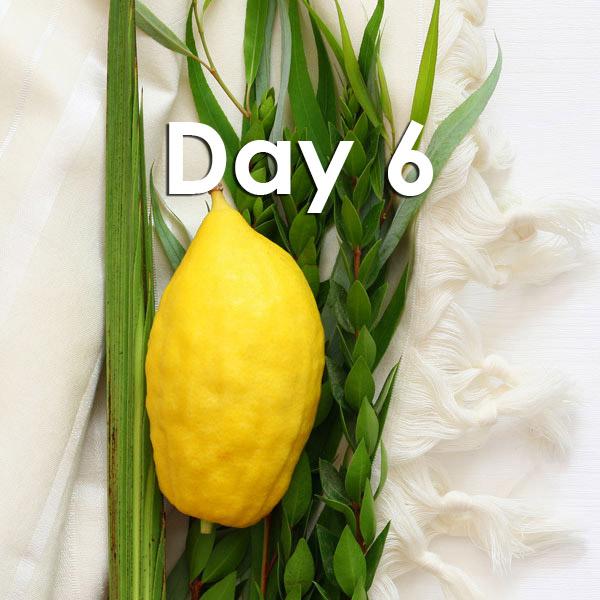
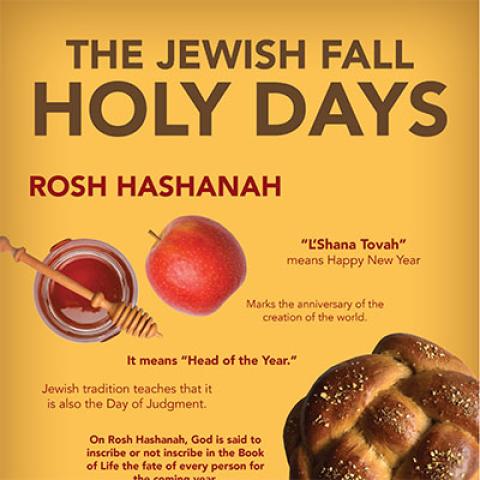
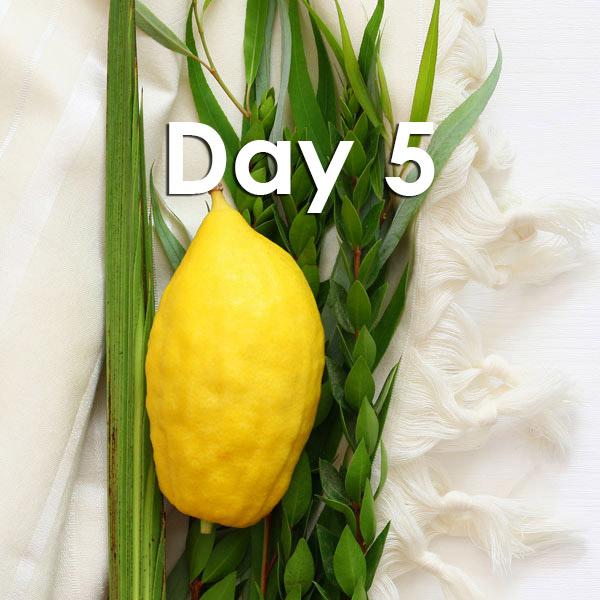

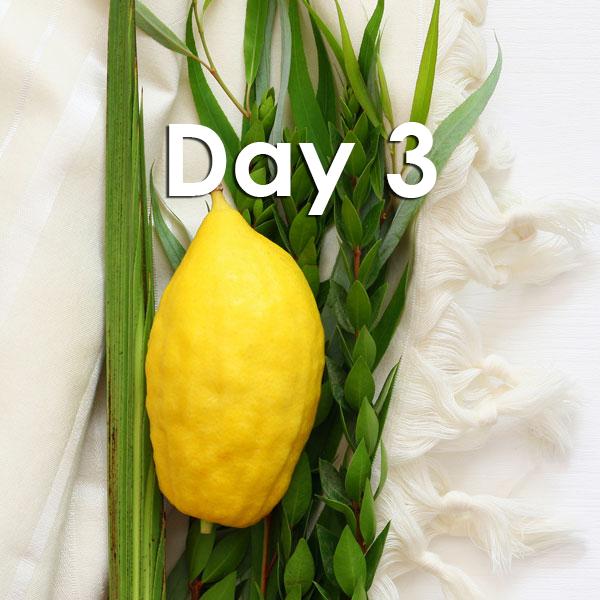
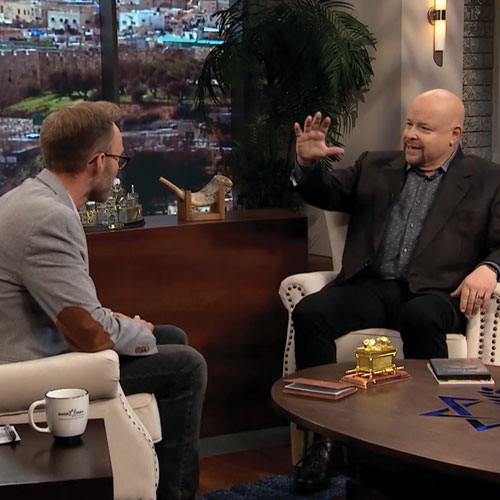
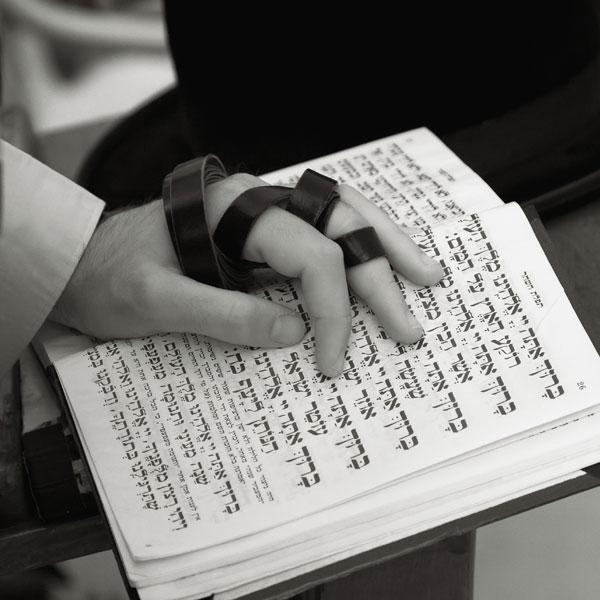
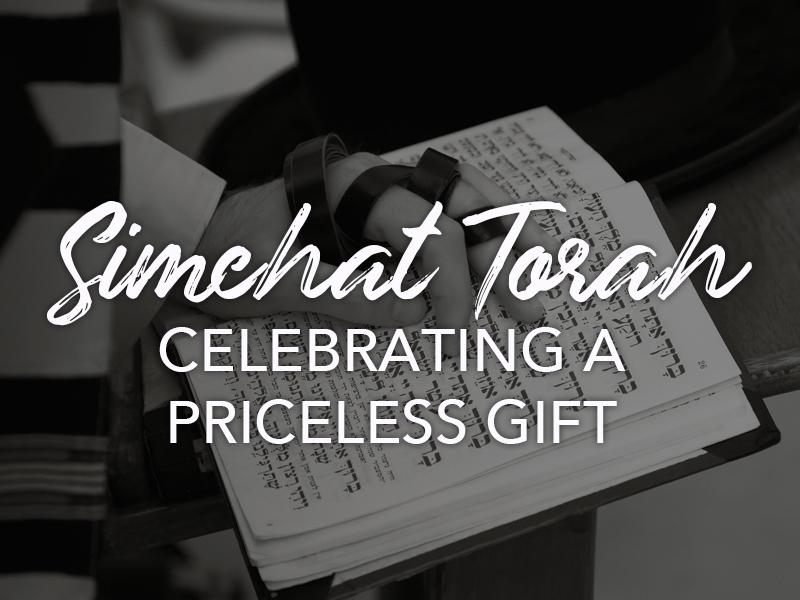
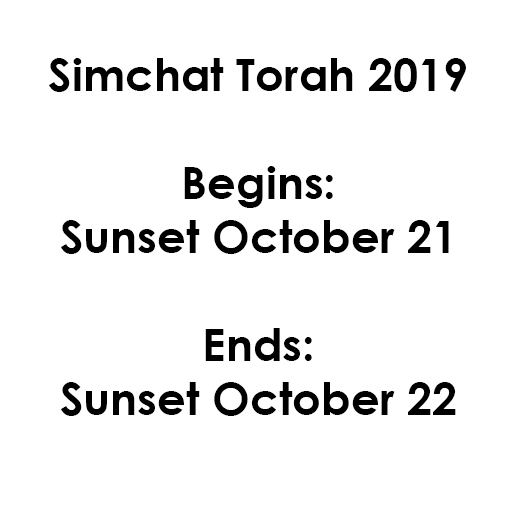 Simchat Torah marks the completion of these annual Torah readings. During the morning service of Simchat Torah, worshipers read the last parasha of the year in Deuteronomy. In the evening, the yearly cycle begins again with the first reading from Genesis. Synagogue services on Simchat Torah include festive dancing and singing while as many people as possible take turns carrying the Torah scroll around the synagogue or public squares.
Simchat Torah marks the completion of these annual Torah readings. During the morning service of Simchat Torah, worshipers read the last parasha of the year in Deuteronomy. In the evening, the yearly cycle begins again with the first reading from Genesis. Synagogue services on Simchat Torah include festive dancing and singing while as many people as possible take turns carrying the Torah scroll around the synagogue or public squares. 